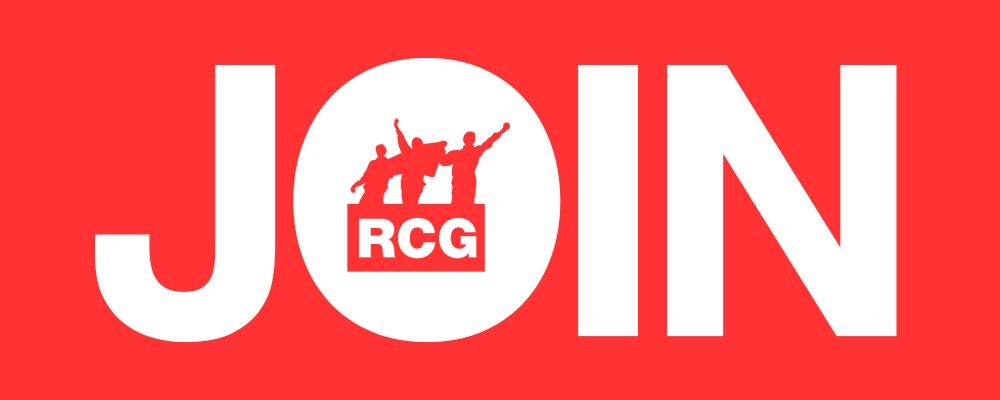
Debate among socialists over what stance to take in relation to the war in Ukraine hinges in part on whether Russia is considered to be an imperialist state or not. For some, it is not, and they conclude that in invading Ukraine, Russia is acting in legitimate self-defence against the imperialist powers which are using Ukraine as a proxy for their aggressive interests. In evidence, they will point to the very limited extent of Russian capital exports and overseas financial interests compared to those of US imperialism or the major European imperialist powers; to the size of the Russian economy in comparison to the major European powers, and to its dependence on raw material exports, in particular oil and gas. This, such socialists say, does not fit with Lenin’s classic definition of an imperialist power as set out in Imperialism, the highest stage of capitalism.
While all these points are true, to determine our analysis of Russia’s status by essentially ticking boxes on a checklist is formalism. The reality is that Russia has had no choice but to become an imperialist power in order to defend its position as an independent capitalist state following the collapse of the Soviet Union. Under President Boris Yeltsin during the 1990s the Russian economy had imploded, its resources, factories and infrastructure stolen by newly-established oligarchs, working class living standards had collapsed, male life expectancy fell by five years between 1990 and 2000, and it was fast becoming a dependency of the major imperialist powers. The limits of Russian power became evident when it was forced to accept the stalemate that concluded the First Chechnya War (1994-96).
The first presidency of Vladimir Putin from 2000 to 2008 started to change this. He created a centralised state which started to bring the oligarchs under control. This involved modernising and expanding Russian military forces that were then deployed, firstly in the Second Chechen War (1999-2009) which brutally crushed the separatist movement there, and secondly in the brief but decisive war with Georgia (August 2008). After a spell as prime minister, Putin returned as president in 2012. The 2014 Maidan coup in Ukraine posed an immediate threat to Russian military power and resulted in Russian occupation and subsequent annexation of Crimea in March 2014 to protect the Russian naval base in Sebastopol. The following year, Russia sent military forces to Syria in response to a request from President Bashar Assad to thwart the attempts of the Western imperialist powers to destroy the Assad regime and thereby bring Syria under direct control. Today Russia is a top world weapons exporter, second only to the United States.
Protecting Russian interests against the constant attempts by US and European imperialism to bring it to heel and install a regime of a similar character to that headed by Yeltsin requires Russia to extend its influence across the world – investments in Latin American energy projects by Gazprom, Rosato, Rosneft and Lukoil are part of this process. Developing as an imperialist power is not an option for the Russian state – it is key to its survival in the face of constant economic and political aggression from western imperialist powers.




